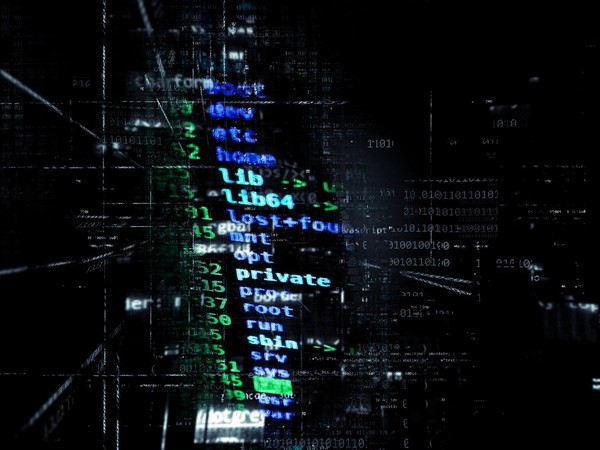Diplomatic pressure is increasing on the state of Israel to give convincing explanations on the nature of its relationship with the NSO Pegasus spyware system, following the revelations of an international investigative report by a team of 80 journalists working for 17 media organizations in ten countries. Pegasus makes it possible to break into mobile telephones and computers and to listen to them, without their owners knowing.
The investigation led by Forbidden Stories and Amnesty International claims that the Israeli firm NSO Group sold its Pegasus spyware to governments all over the world, which used it for spying not only on criminals and terrorists but also on journalists, human rights activists, gays, and political leaders around the world, including French President Emmanuel Macron and Pakistani Prime Minister Imran Khan. According to press reports, President Macron called Israeli Prime Minister Naftali Bennett to demand clarifications on the matter.
Israel’s Minister of Defense Benny Gantz, who visited France last week, discussed the matter with his French counterpart Florence Parly. Gantz told him that Israel is operating according to international accords subject to strict licenses, which are only granted for sales to governments in order to fight terror and crime. He pointed out that it is the first and foremost responsibility of the buyers to use Pegasus according to the license given to them. He added that, as France itself had been the victim of major terrorist attacks, it was aware of the importance of such surveillance tools in the war against terror. The Pegasus investigation was based on 50,000 leaked telephone numbers from countries that bought the spyware and reportedly used by them to monitor journalists, politicians, human rights activists, businessmen and government officials, in Mexico, Saudi Arabia, Azerbaijan, Marocco, Rwanda, Hungary, India, Bahrain, Kazakhstan and the UAE. The journalists managed to identify more than 1,000 people in fifty countries who were monitored by their governments using the Pegasus system. The list includes 189 journalists, some 600 politicians and government officials, 85 human rights activists, 65 business managers and several government ministers and heads of government. Among those targeted by the Pegasus software were Roula Khalaf, editor of the Financial Times, Ragip Soylu, Turkey Bureau chief of Middle East Eye, and Egyptian diplomats, as well as the fiance and the son of Washington Post columnist Jamal Khashoggi, who was murdered in Istanbul in October 2018.
Pegasus can break into a phone without the victim needing to do anything or open any link or message. It can steal emails, call records, user passwords, contact information, pictures, videos, sound recordings, social media posts, and browsing histories.
As NSO exports its software legally, under an arms trading license awarded to it by the Israeli Ministry of Defense and the Ministry of Foreign Affairs, several governments and the world media called on the new Israeli government of Naftali Bennet to explain the nature of relations between the state of Israel and the NSO Group which flourished at the time of Benjamin Netanyahu’s 12 years as Prime Minister.
In the United States, although the US Administration refrained from commenting on the affair, four influential democratic congressmen have called on the Biden Administration to consider placing the NSO Group on an export blacklist, stressing that the “hacking-for-hire” industry must be brought under control.
In an article in the Israeli newspaper Haaretz on July 20, journalist Amitai Ziv lists Benjamin Netanyahu’s trips to Rwanda, Kazakhstan, and Azerbaijan in 2016, Hungary and Mexico in 2017, India in 2018 and his semi-secret visit to Saudi Arabia in 2020. Ziv says that Israel’s relations with these countries have greatly improved in recent years. Ziv adds: “On each of these trips, Netanyahu announced the ‘development of reciprocal relations,’ and he was accompanied on the plane by delegations of businesspeople. According to official press statements, they came from fields such as water and agriculture. …It appears that Israeli state worked proactively to get Israeli cyberweapon companies, first and foremost NSO, to operate in these countries, despite their problematic records on democracy and human rights.” On July 28, officials of the Israeli Defense Ministry inspected the offices of the NSO Group in Herzliya. The company denied press reports about a raid and said that the authorities had “visited” rather than raided its premises and insisted that “NSO is working in full transparency with the Israeli authorities.” In another development, the US National Public Radio has reported that an NSO employee informed them that the company has suspended the accounts of several international government clients to investigate possible misuse.

